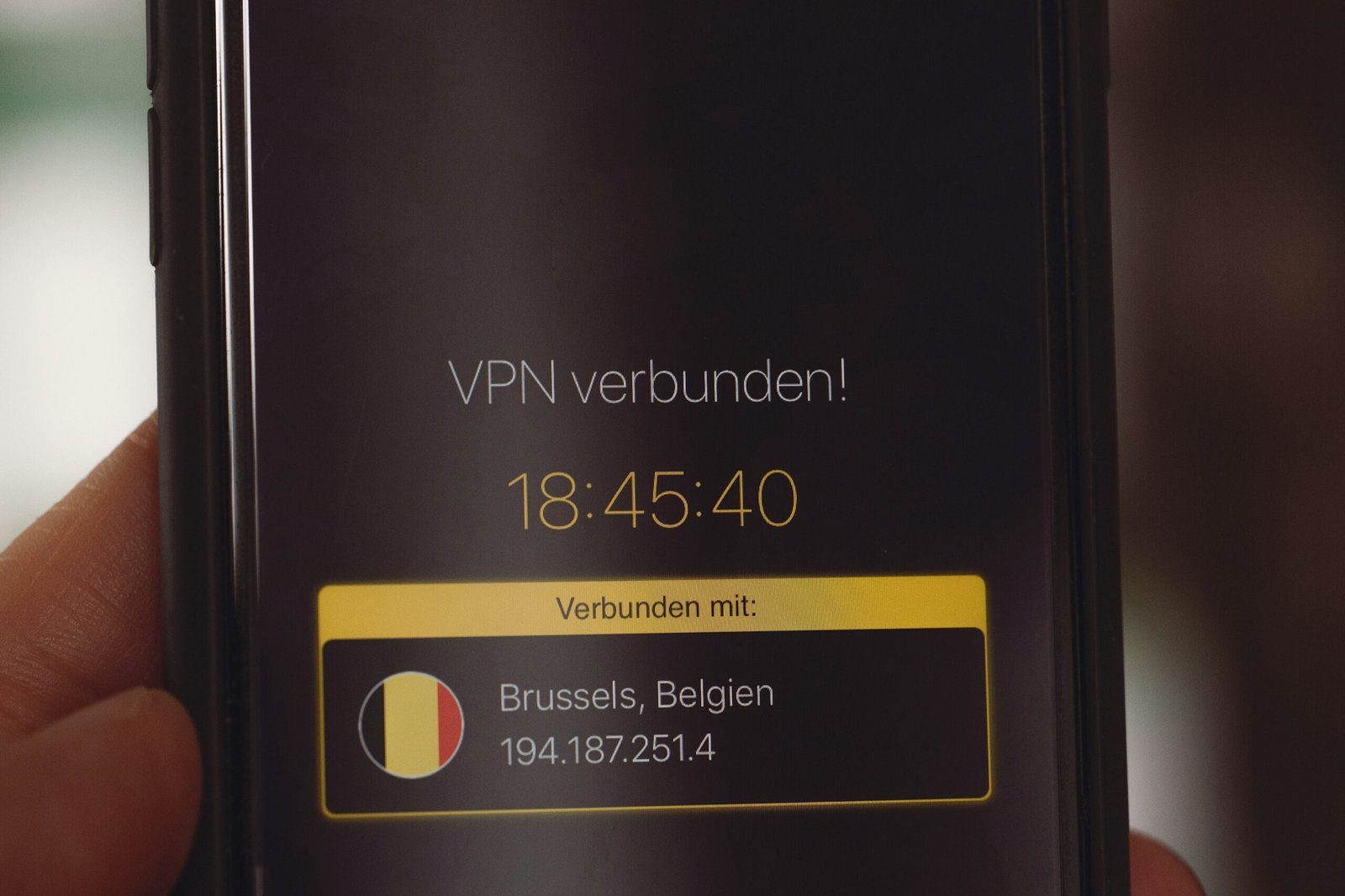
Have you ever wondered if using a VPN to make purchases online could land you in legal trouble? You’re not alone. Many people are curious about the implications of using a Virtual Private Network (VPN) for online shopping, and the answer isn’t as straightforward as you might think.

Understanding VPNs: What Are They?
Before jumping into the legality of making purchases with a VPN, it’s essential to understand what a VPN actually is. A VPN, or Virtual Private Network, creates a secure connection between your device and the internet. This technology helps shield your online activity from prying eyes, allowing you to browse the web anonymously.
The Purpose of VPNs
VPNs serve multiple purposes. They can protect your internet connection on public Wi-Fi, help bypass geo-restrictions to access content that might be limited in your region, and enhance your privacy online. However, while they provide several advantages, they can also raise concerns about legal and ethical implications when used for certain activities.
Is Buying with a VPN Legal?
When it comes to legality, the answer is generally yes: using a VPN to make purchases online is legal in most countries. However, there are nuances worth discussing.
Geographic Restrictions and Terms of Service
Many online retailers impose geographic restrictions based on your IP address. These restrictions can limit access to specific products or services based on your location. Using a VPN can help you bypass these limitations. While it isn’t illegal, it might violate the terms of service of certain websites.
Here’s a quick overview of how this all works:
| Action | Legal Implications | Violate Terms of Service? |
|---|---|---|
| Using a VPN to access content in another country | Generally legal | Yes, potentially |
| Purchasing items from a different region via a VPN | Allowed, but may breach terms | Yes, potentially |
Countries with Specific Laws
The legality of using a VPN varies by country. Some nations impose stringent regulations on VPN usage. In places like China or Iran, VPN use can be heavily monitored or even prohibited. It’s vital to be aware of local laws regarding VPNs, as breaking these laws could lead to penalties.
Discover The Legality Of VPN Purchases
Why Do People Use VPNs for Purchases?
Several reasons motivate people to use a VPN for online shopping. Understanding these can shed light on why many consider it a viable option.
Accessing Better Deals
One popular reason involves price disparities. Retailers often adjust their prices based on the buyer’s location. By using a VPN to change your apparent location, you might discover products offered at a cheaper rate than in your home country.
Example of Price Variations
| Product | Price in the US | Price in Canada | Price with VPN in Mexico |
|---|---|---|---|
| Shoes | $100 | $120 | $80 |
| Electronics | $500 | $550 | $450 |
Safety and Anonymity
In an age where data privacy is paramount, using a VPN can also add an extra layer of anonymity. By masking your IP address, you reduce the chances of your personal information being collected by online retailers or advertisers.
Risks of Using a VPN for Purchases
While using a VPN has its benefits, it’s essential to be mindful of the risks involved as well.
Potential Account Bans
Since many online retailers monitor for suspicious activity, using a VPN could lead to account restrictions or bans if they suspect you’re attempting to evade their geographic pricing policies. It’s essential to read and understand the terms of service before making purchases.
Payment Fraud Concerns
Another risk is payment fraud. Some sellers may view purchases made through VPNs as suspicious, leading to the possibility of your transaction being flagged. In extreme cases, this could result in your payment being declined or your account being frozen.
Lack of Consumer Protections
Using a VPN might also affect the protections you typically enjoy as a consumer. If you make a purchase in a different geographical area and encounter issues with the product, navigating returns or disputes may become complicated.

Using VPNs Legally: Best Practices
If you decide to use a VPN for your online shopping, you can minimize risks by following some best practices.
Choose Reputable VPN Services
Not all VPNs are created equal. Selecting a reputable VPN service with a solid privacy policy is crucial. Research user reviews and investigate its history before relying on it for your online purchases.
Read Terms and Conditions
Before making any online purchase, be sure to read the terms and conditions of the retailer. Understanding their policies will help you avoid any potential pitfalls associated with using a VPN.
Use Local Payment Methods
Whenever possible, consider using payment methods associated with the region you appear to be browsing from. This can help reduce the likelihood of being flagged for suspicious activity.
Alternative Solutions to VPNs
If you’re concerned about the implications of using a VPN for your online purchases, there are alternative methods you might consider.
Price Comparison Websites
Instead of using a VPN, leverage price comparison websites that can help you find the best deals without changing your geographic location. These platforms often aggregate prices from various retailers, allowing you to make informed choices.
Local Shipping Services
If you want to purchase products from another country, look for local shipping services that facilitate international purchases. This approach ensures that you’re complying with local laws and terms of service while still accessing products from overseas retailers.
Gift Cards
Another alternative is to buy gift cards from retailers that you intend to shop with. Many retailers provide access to their platforms through gift cards, allowing you to shop on their website without the legal implications associated with using a VPN.

Looking Ahead: The Future of VPNs and Online Shopping
As technology continues to evolve, so too will the landscape of online shopping and VPNs. Here are some trends to keep an eye on.
Regulation of VPN Services
As more people begin to rely on VPNs for various online activities, there could be increased scrutiny and regulation of these services. This might lead to more standardized practices across various countries, so staying informed on changes is vital.
Evolving Consumer Rights
Consumers are becoming increasingly aware of their rights and how their data may be used. This rising awareness will likely prompt online retailers to adjust their policies, making it easier for shoppers to access products without having to resort to VPNs.
Enhanced Privacy Features
With ongoing privacy concerns, you can expect that both VPN services and online retailers will enhance their privacy features. This developments will aim to strike a balance between protecting consumer data and adhering to regional laws.
Conclusion: Make Informed Choices
Using a VPN to buy things online is legal in many places, but it’s essential to weigh the risks and benefits. Being aware of the potential consequences and employing best practices can help you navigate the online shopping world more safely.
If you decide to use a VPN, remember to choose a reputable provider, familiarize yourself with the retailer’s terms and conditions, and consider alternative methods if you’re worried about the ramifications.
Feel empowered to make informed choices as you shop online, ensuring that you stay within the bounds of legality while obtaining the best deals possible.